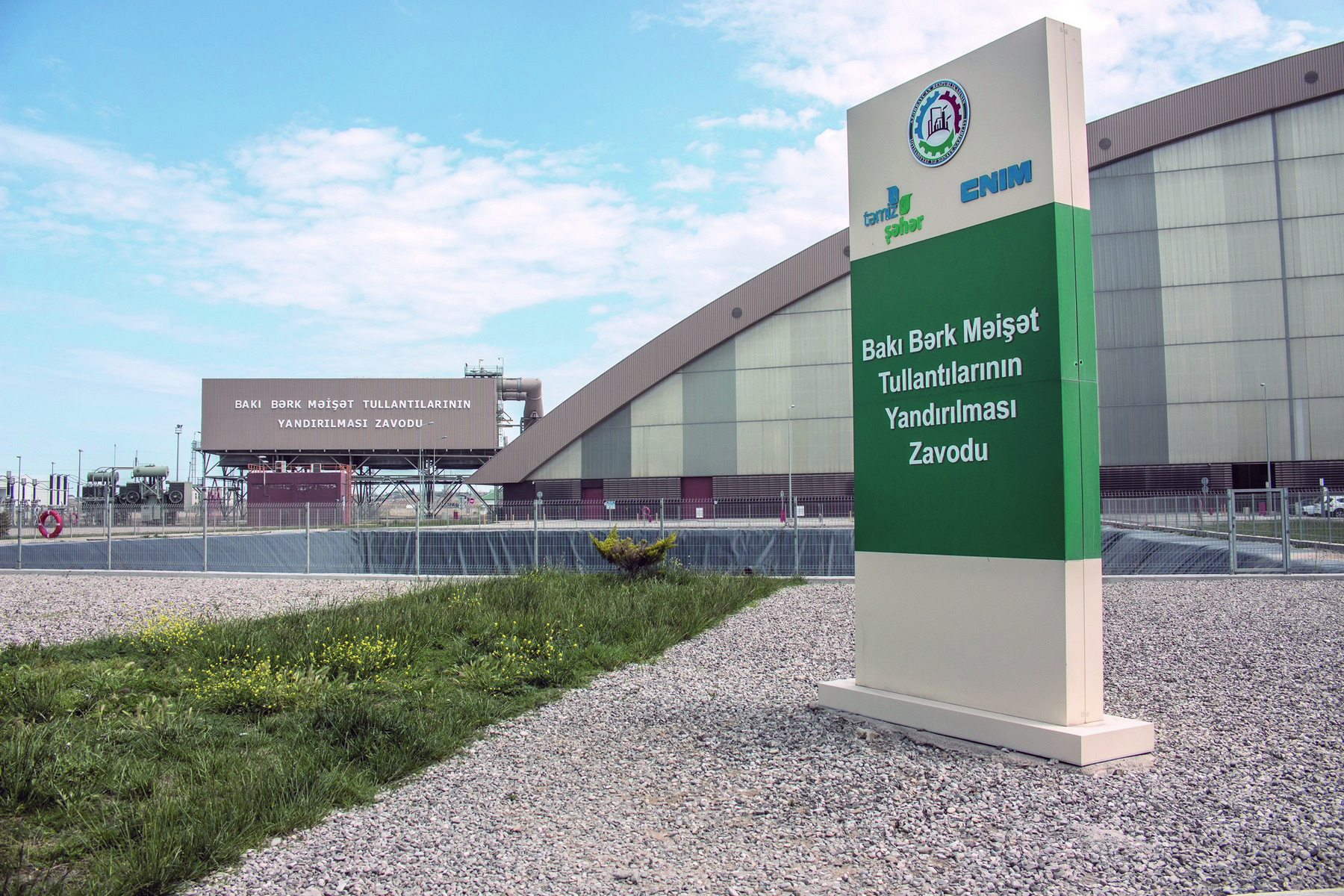According to the Chamber of Accounts audit, the Baku City Executive Power has increased the scale of illegal sorting and pollution by failing to ensure the transfer of nearly 3 million tons of waste collected in the capital to Tamiz Shahar OJSC.
The Baku Solid Waste Incineration Plant, located in Balakhani, had three times higher expenses than income, according to the Chamber of Accounts' audit “On the Efficiency of Safe Waste Management” for 2021-2023.
Over the span of 11 years, the plant’s expenses totaled 363,271.7 million, while its income reached 120,755.3 million manats. The Chamber of Accounts pointed out that expenses surpassing revenues often signal that this project is economically inefficient.
The Baku Solid Waste Incineration Plant was built under the “Comprehensive Action Plan for Improving the Ecological Situation in Azerbaijan,” which President Ilham Aliyev approved by decree. The plant's foundation was laid in 2006, and it opened in December 2012.
This plant can produce up to 200 million kWh of electricity annually through waste incineration. The energy obtained here per year can fully power 100,000 households.
The Chamber of Accounts revealed that 93.9 percent of the 2 million 500 thousand tons of hazardous waste received for disposal by “Tamiz Shahar” OJSC in the years covered by the audit were sent for burial and incineration, and only 6.1 percent of the waste was accepted for sorting.
The funds received by “Tamiz Shahar” OJSC from sorting 1 ton of hazardous waste are, on average, 55.9 manats, and the funds received from incineration are, on average,, 21.7 manats.
Economist expert Rovshan Aghayev, who analyzed the audit, wrote on his “Facebook” page that the Chamber of Accounts should have used broader efficiency indicators, such as the percentage of waste recycled.
“The capacity utilization rate of the plant does not indicate what proportion of the waste is recycled. Nevertheless, this is one of the most crucial efficiency indicators for solid waste processing facilities. On average, this indicator stands at 35 percent in the European Union, 50 percent in Germany, and 15 percent in Turkey,” the economist emphasized.
Rovshan Aghayev believes that the figures regarding the volume of waste converted into energy through incineration should be clarified separately, as burial and incineration methods that do not convert waste into energy are considered to increase carbon emissions and are more environmentally harmful approaches.
The audit also notes that the amount of waste transferred to “Tamiz Shahar” OJSC by 11 district housing and communal services associations and other similar institutions in Baku, excluding Garadagh district, amounted to 42.5 percent of the total household waste collected from the capital.
As a result, the Baku City Executive Power did not ensure the transfer of approximately 3 million tons of waste to the OJSC. This increased the scale of illegal sorting and pollution.

 Foto: Bakı Bərk Məişət Tullantılarının Yandırılması Zavodu
Foto: Bakı Bərk Məişət Tullantılarının Yandırılması Zavodu


